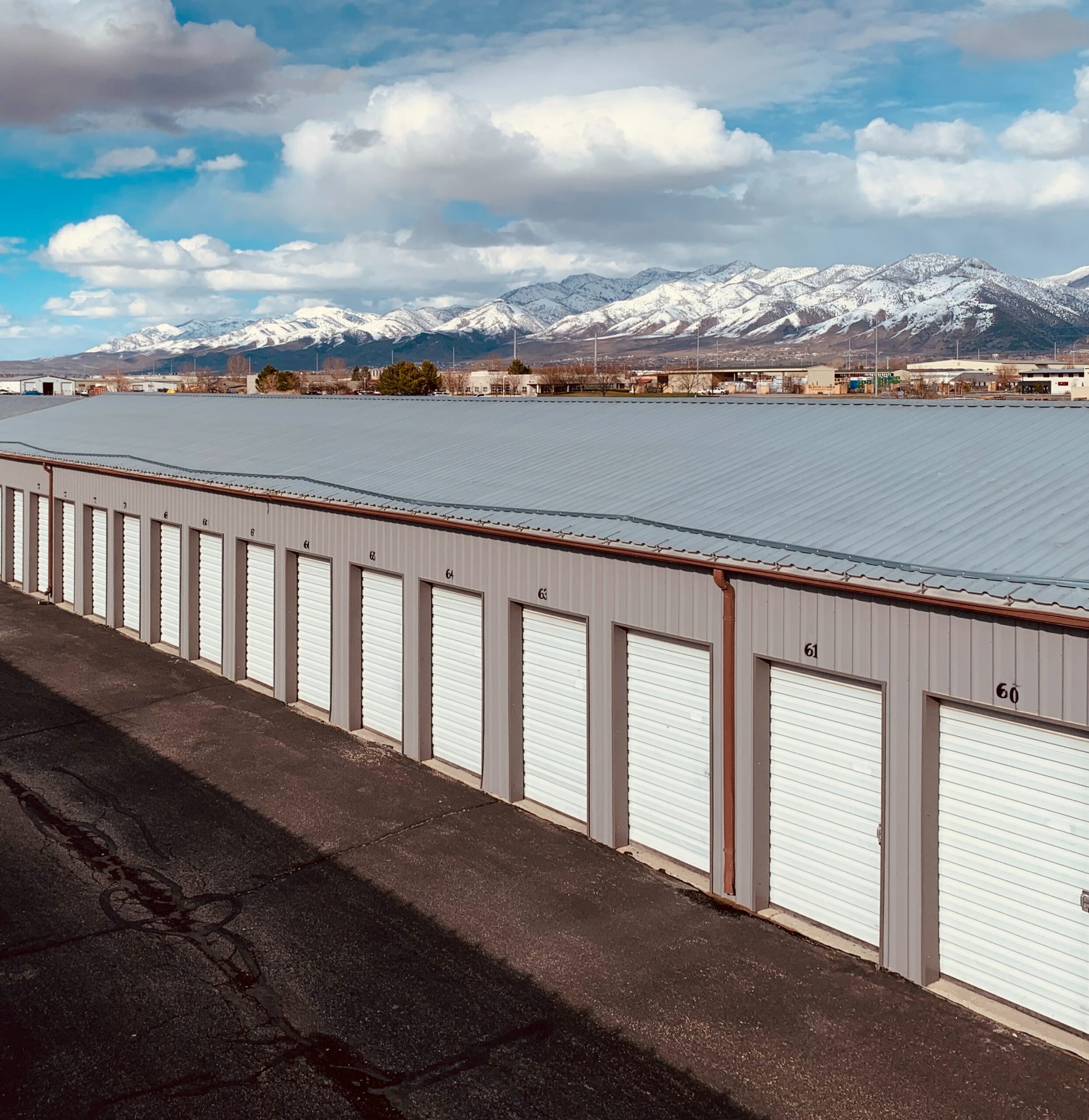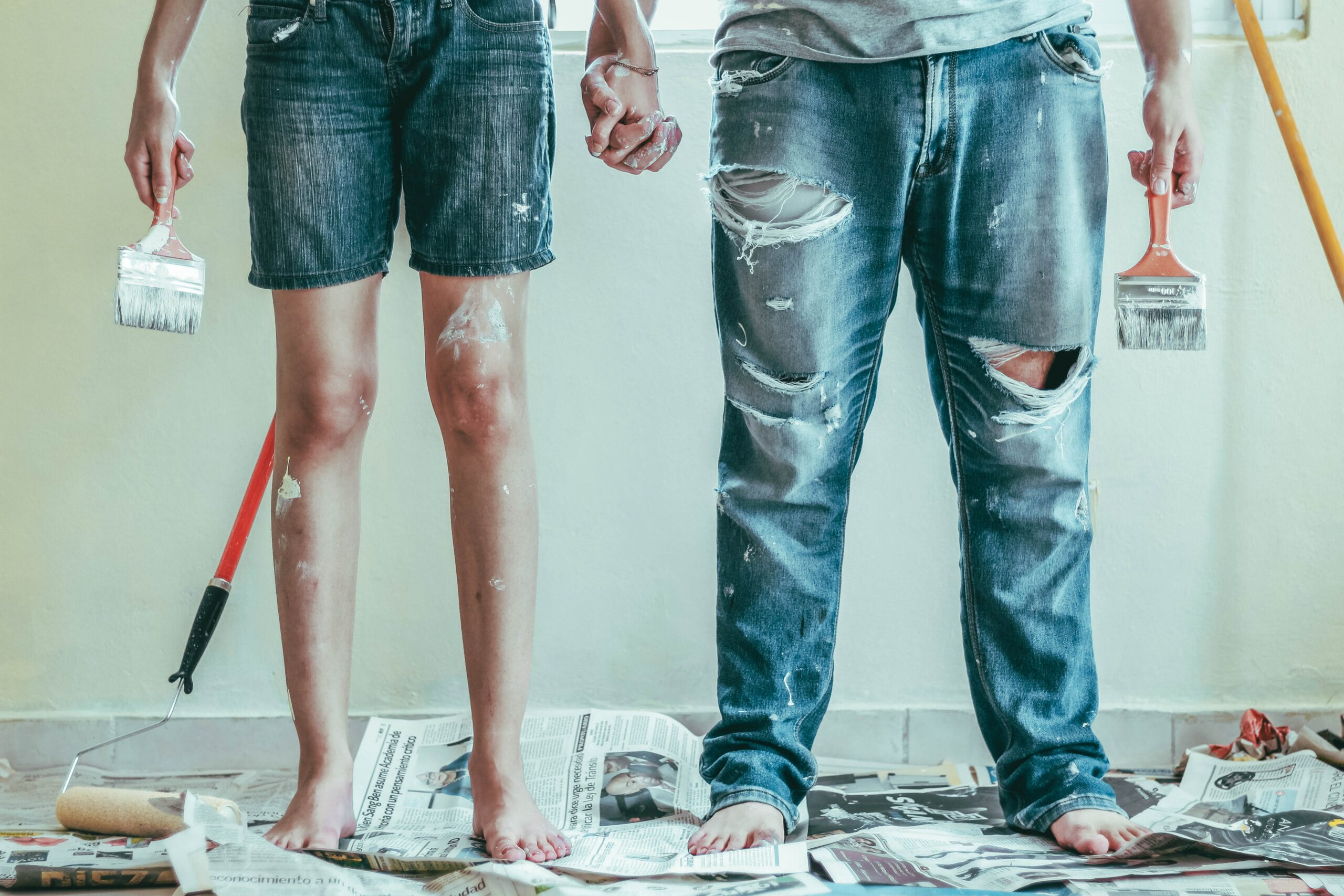For most of us, there’s no place like home. As a homeowner, you want to shield your asset and make sure your family is content and happy at home, and this means looking for ways to protect your nest.
It’s not possible to prevent every problem, but taking steps to minimize risks is always beneficial.
Here are some common hazards to be wary of and some tips to help you avert disasters and ensure your home is a haven.
Water damage
Water damage can be a nightmare for homeowners. If your home is flooded following a storm, or you’ve got plumbing issues, which pose a risk of extensive damage, it can cost a lot of money and take a long time to restore the property to its former glory.
If you live in an area that is susceptible to unpredictable weather, you live on or close to a floodplain, or there is a history of flooding in the area, make sure you have a comprehensive home insurance policy.
Check the details and read the small print, and consider upgrading if you only have a basic level of cover. If your home is damaged and you’re trying to make a claim, look for a water damage insurance adjuster. An expert can eliminate stress from the claims process and increase the chances of success.
To lower the risk of water damage at home, seek advice if you have concerns about plumbing issues and keep an eye on the weather forecast. If warnings are issued, pay attention to instructions and prepare your home as best you can.
Keep entry points closed, use sandbags to create a physical barrier around your home and move valuable possessions out of ground floor rooms.
Storms
Storms can cause widespread damage, toppling homes and destroying entire neighborhoods.
If you live in a region where storms are commonplace, look for ways to strengthen your defenses, such as enforced doors and windows and strong fencing, and check your roof on a regular basis.
Remove any loose furniture from the garden, repair loose or cracked paving and fence panels and posts before storm season begins and listen out for advice from the authorities.
Pests
Household pests may seem innocuous, but they can cause extensive damage to internal structures and put your health at risk.
If you notice signs of uninvited visitors, such as droppings or teeth marks, or you hear scrabbling noises coming from the attic, it’s wise to seek professional advice as soon as possible.
Pests are prolific when it comes to breeding and a small problem can soon spiral out of control.
Thieves
There’s nothing worse for homeowners than the thought of thieves rifling through possessions and sentimental belongings.
To lower the risk of your home becoming a target, invest in deterrents, make sure windows and doors are locked and make it look like somebody is always at home. CCTV, burglar alarms, outdoor lighting and gates and fences can all put thieves off.
It’s also a good idea to use a smart system to turn the lights on and off when you’re not at home and to leave a car parked in the driveway if you’re away.
Close windows and doors and shut gates before you go to bed, hide valuables and avoid leaving keys close to the front or back door.
We all want to feel safe and comfortable in our own homes. Unfortunately, there are hazards to be wary of when you’re a homeowner.
Taking action to prevent disasters and minimize damage and disruption can help you protect your nest.






